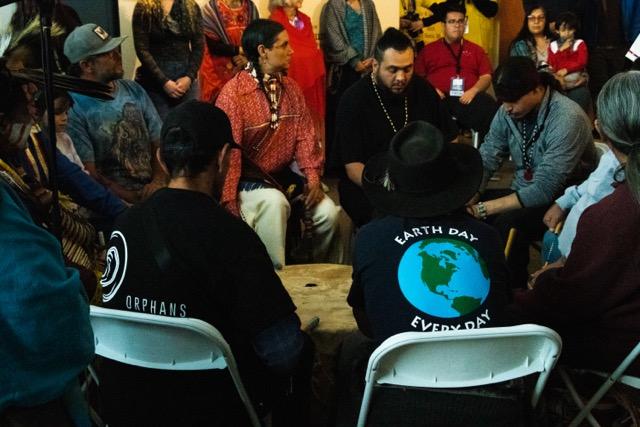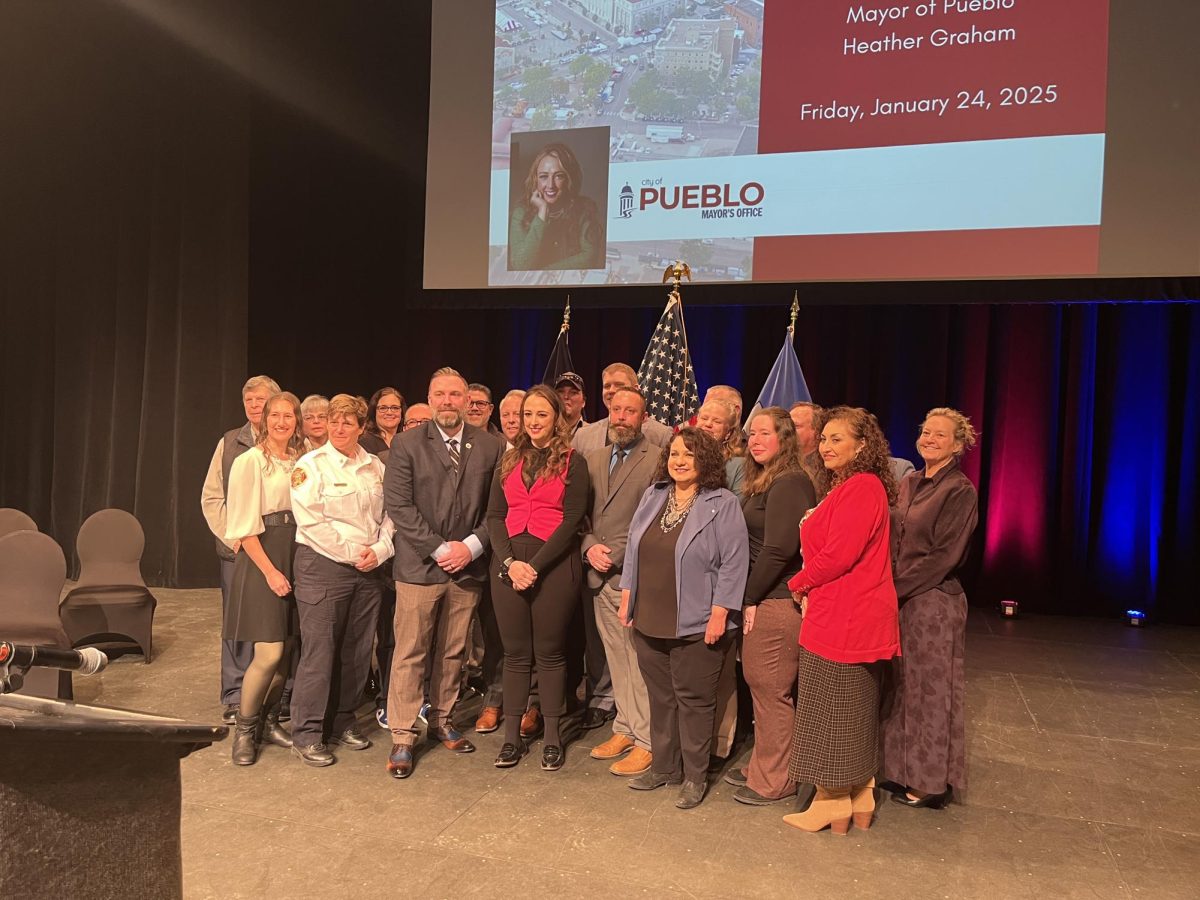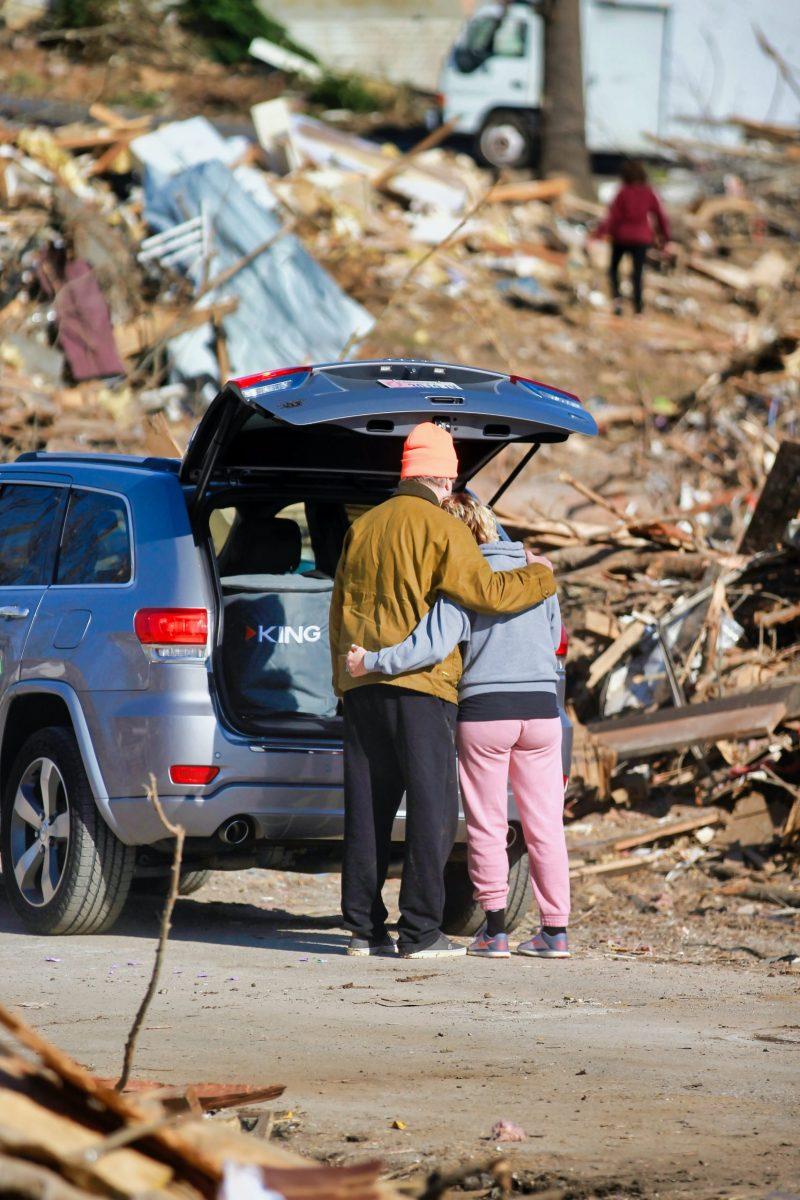By Cidonia Ponce
On March 23, 2023, Utah’s Republican Governor Spencer Cox signed two bills restricting children and teens’ social media usage. This would include requiring parental consent before engaging or interacting with social media apps such as Tiktok and Instagram.
These bills that were signed into law will limit social media usage for kids under 18. Utah created a “curfew” preventing the use of social media between the hours of 10:30 p.m. and 6:30 a.m. Not only this but there will be required age verifications for anyone who wants to use social media in the state. Ultimately, the law aims to prevent children from being attacked by apps and their addictive features.
Utah also outlines rules for parents seeking to sue companies they claim have caused harm. If the law is executed, social media companies will have to face these lawsuits and provide proof proving that their services were not harmful. These laws will also require parents to be given access to their children’s accounts.
Big tech companies, including Facebook and Google, have already had their fair share of concerns about their user privacy settings, hate speeches, misinformation, and its harmful mental health effects on teens. These companies could potentially have to adjust their features to abide by parts of the laws implemented.
However, the main question is how Utah and other states, considering similar proposals, will plan to enforce restrictions. These big companies have already developed privacy protocols preventing companies from collecting data on children under 13 without the consent of their parents under the federal Children’s Online Privacy Protection Act. Not only this, but these companies also already ban children under 13 from signing up for the platform. However, regardless of the parent’s consent, kids have found a way around that.
Assistant Professor of Political Science and the coordinator of Philosophy and Religious Studies at Colorado State University Pueblo, Ryan Strickler, shared his perspective on the law and potential challenges. “From the field of political science, research shows how social media breeds polarization, political extremism, and belief in harmful conspiracy theories,” Strickler comments. Because of the conducted research, Stricker believes that it can be harmful when teens socialize into these mindsets at an early age.
“So, I think there is a place for reasonable regulation, like how we regulate alcohol and tobacco because we know the harms that they can cause,” Strictly explained.
However, because the Utah law will create some resistance, Strickler also comments on the other perspective. “Completely cutting off children (or many children in Utah, at least) from social media, when it’s such an important part of our world, is the wrong approach,” Strickler admits. “Social media can also provide an avenue for connection and support for teens whose families and communities do not accept them,” Strickler commented that implementing the law at this scale could potentially create more issues.
“The Utah law would take these opportunities away, potentially worsening issues like depression and suicide,” Strickler said.
Another valid perspective comes from Ben Lloyd, a social media professor at CSU Pueblo. Although Lloyd is a parent of two teens and sees the concern to protect children from harmful content, he still recognizes the other potential damages the laws can bring.
“This kind of measure can go down a slippery slope of extended restrictions in other technologies deemed harmful by general definition,” Lloyd commented.
Lloyd and Strickler both commented on the challenges the state will go through to try and regulate the law. “With the way this law bars access to information and prevents communication, I am not sure it will survive a court challenge,” Strickler commented.
Lloyd stated, “Cybersecurity is already a huge issue with people stealing data for malicious purposes, targeting people of all ages, for the same purpose, and the existence of the deep web and the dark web.”
Lloyd suggests parents be wise in raising their parents, especially if they can access social media. “Don’t use technological restrictions to help raise them,” Lloyd suggested.
















